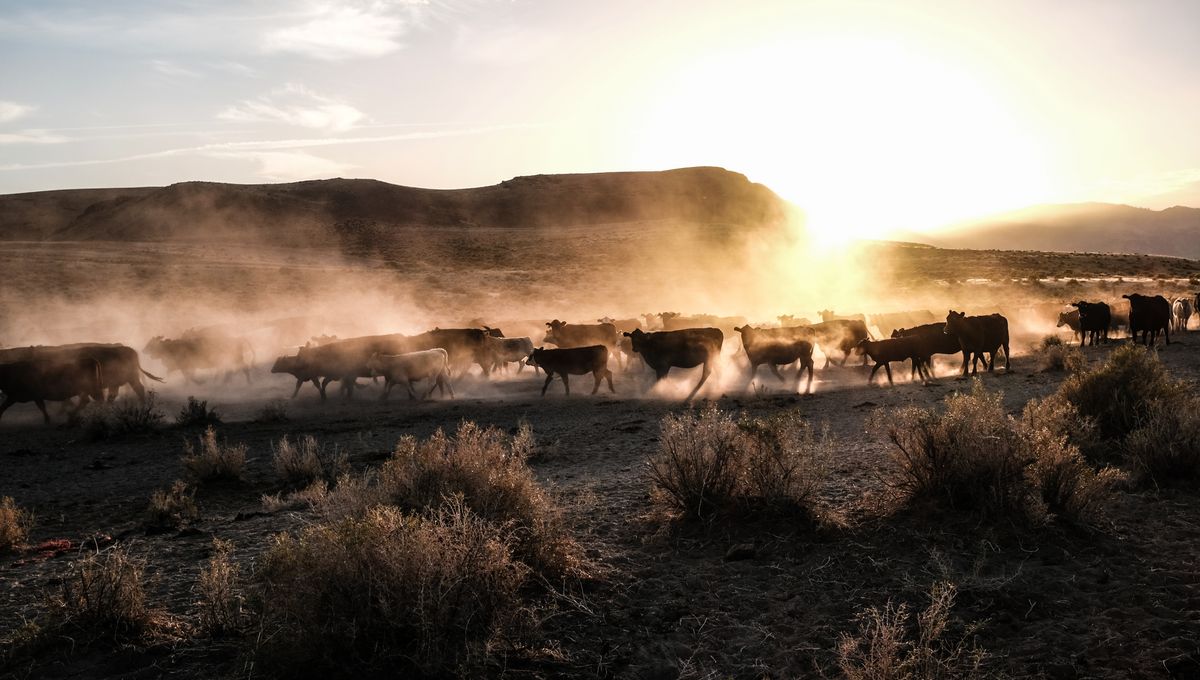
Contrary to popular portrayals in Hollywood movies, it seems the identities of the first cowboys of America were far more diverse than previously assumed. In fact, the evidence suggests the first examples of these Western icons were actually from Mexico and the Caribbean, and most of them were enslaved peoples.
Prior to 1492, so the established narrative explains, there were no cows in the Americas. These large mammals (Bos taurus) were first transported to the new continent during the 16th century when small numbers were carried to the Caribbean islands from the Iberian Peninsula (via the Canary archipelago). Once they arrived, domestic cows were bred locally and then imported to other areas, such as Mexico, Panama, and Colombia, as Europeans continued to colonize and explore.
However, the findings of a new study conducted by researchers from the Florida Museum of Natural History add new details to this idea.
Despite their significance today, little is actually known about the first cattle to make it across the Atlantic and how they moved around in the early post-Columbian world. As such, the researchers analyzed the signatures in the DNA of 21 cows discovered in five Spanish sites in Mexico and Haiti that dated to the 16th and 18th centuries. They then compared these signatures to those from known European and African breeds.
The initial findings were consistent with the traditional narrative as seven of the earlier samples had genetic ties that came from Europe. However, one specimen found at a site called Bellas Artes in Mexico had a lineage that appears to extend directly from Africa and would have arrived in the Americas in the early 17th century.
“This finding supports recent trends in the history of slavery and the central role of African enslaved workers in the implementation of cattle ranching,” Nicolas Delsol, a postdoctoral zooarchaeology specialist and co-author of the study told Live Science.
This sample occurs about 100 years before the first documents related to African cattle appear in the historical record.
The working hypothesis at this stage is that, as cattle ranching expanded in the 16th century, the need for skilled ranchers who could handle cattle grew with it. The Indigenous populations had no experience with cattle, or any other domestic European animals, prior to Europeans arriving in the New World, so they were not suitable. As such, the historical record shows that slave traders turned to Western Africa where they abducted people with cattle herding experience. It is possible the cows and the enslaved people were taken together.
“The question of the potential African origin of some colonial cattle is of immense historical significance and has deep social and cultural ramifications, particularly when considering the central role played by African workers in setting up the ranching industry in the colonial Americas”, the authors wrote.
“Our archaeological genetic evidence of cattle parallels these documented aspects of the early Spanish Empire in the Americas: the organization of the colonial labor system, the timing of the African slave trade, and the high specialization of enslaved workers in cattle management.”
“Our data, while not fully conclusive, further support the hypothesis that cattle were also imported from Africa to the Americas, highlighting the central role of African herders in the emergence of the new agricultural landscape mainly based on cattle ranching.”
The study is published in the journal Scientific Reports.
Source Link: America's First Cowboys Were Likely Enslaved Peoples, New Analysis Reveals